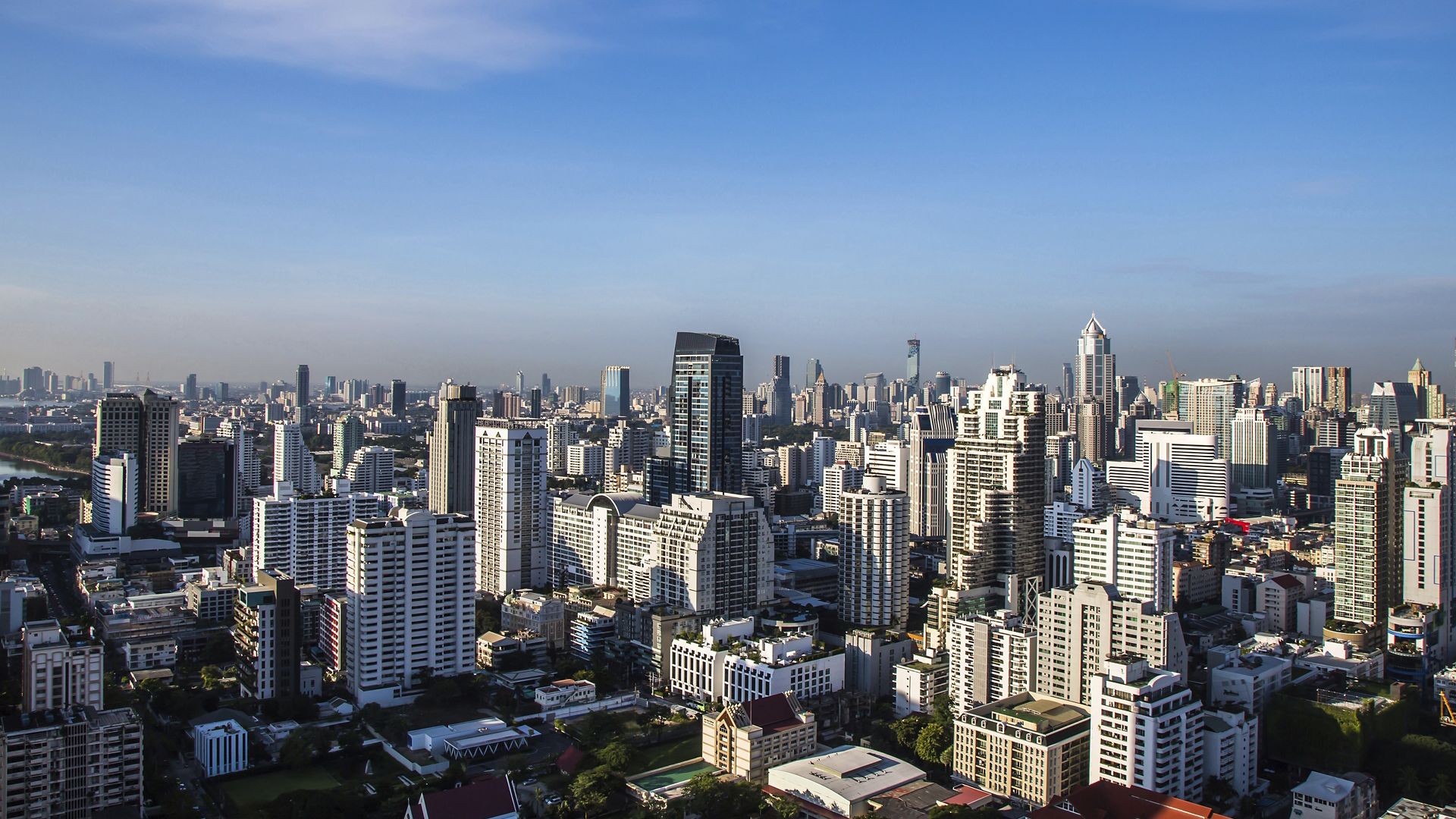10/27/2015
Africa is a diverse continent of 54 countries with over 2,000 languages, and an array of landscapes encompassing deserts, savanna, steppes and rain forests. In business terms too, the many challenges facing Africa make it a continent ripe for development. And for Sika it represents huge business potential. We put some questions to Area Manager Africa Jean de Martres on Sika’s recently launched Africa Strategy.
Africa is often called the forgotten continent, yet Sika has a long history of major investments in this emerging market. Why is this?
Africa is a vast and diverse geographical continent with abundant natural resources and huge growth potential. Sika recognizes this and wants to be part of it. Today, there are some 1.1 billion people living in Africa, and the number of inhabitants is growing faster than in Asia for example.
The population of Africa is expected to double by 2050, making this the first time ever that growth of such magnitude has been seen in the space of one generation. This is triggering a gigantic need for infrastructure and housing both in megacities and in the countryside. The construction sector is reporting high growth rates in most markets.
Chinese contractors in particular have penetrated the market over the last 10 years, accounting for over 60% of Africa‘s total volume of activity.
What does that mean specifically?
In order to grow in economic terms, Africa needs roads, railway lines, ports, water and energy supplies. This spells fantastic potential for the construction sector: investments totaling 380 billion US dollars are to be channeled into the transport and energy infrastructure by 2040 alone.
How is Sika positioning itself here?
Sika’s first business ventures in Africa date back to 1947. Operating locally in just a small number of countries, Sika took over the export approach adopted by many of its European organizations.
The new strategy for Africa has changed this model and focuses on what those countries and customers expect: a local manufacturing presence with local raw materials and local technical support and training. Markets and countries were identified where Sika can expand its footprint fast and efficiently. In the past three years, we have doubled our production capacities in Africa, with seven new factories coming on stream in Ivory Coast, Nigeria, Kenya, Angola, South Africa, Mozambique and La Réunion. Our local operations now comprise sixteen country organizations.
That‘s a very fast pace. Will supply chain and operations continue to develop at this speed?
In line with the Sika Strategy 2018, we are aiming to double sales over the next five years, maintaining our current excellent level of profitability. The main focus in 2015 and 2016 will be on ensuring the newly established companies’ sales penetration levels as well as pursuing the development of West, East and Central Africa to cover the main markets. We are already very well positioned in South and North Africa.
Sika's Growth Momentum
One of Sika’s Strategy 2018 objectives is the accelerated build-up of the organization in emerging markets and the expansion of the supply chain footprint in order to increase sales generated in emerging markets from the present 37% of total sales to 42-45% by 2018.
Africa is one of the focus regions for the company. In the first six months of 2015, Sika’s sales in the region were up 18%. Currently the company maintains operations in sixteen countries on the African continent.
Which will be the future boom markets in Africa?
Emerging markets in Africa will include new giants such as Nigeria and Ethiopia, the only two African countries projected to exceed 300 million inhabitants by 2030. Mozambique, Tanzania, Algeria, Angola, Ivory Coast and other medium-sized countries will also benefit from their natural resources and continue to grow, despite today’s falling oil prices. A huge market with a population of more than 80 million, Egypt is currently facing security issues and suffering a lack of financing resources.
What about the competitive situation in Africa? There are other companies that want to benefit from the business opportunities – how is Sika positioned in this regard?
Firstly, we set ourselves apart from the foreign competition in terms of our business model. While many major European players still import their products into Africa, Sika conducts its business locally. This means Sika is present in the respective country with a local subsidiary and, even more importantly, Sika produces and sells locally to ensure its supply chain availability in the respective market.
Secondly, we not only want to sell products, we also want to be a real solution provider for our customers by offering technical assistance and training as well. This is crucial for Sika’s development in Africa and a clear differentiating factor among major foreign competitors. In terms of local competition, the market is still very fragmented with various small players on the ground, but they do not significantly affect Sika’s position.
What obstacles does Sika have to overcome in Africa?
One of our main challenges is human capital and, here especially, to find the right employees, who share our values and principles and come with a solid educational and professional background.
Sika does not conduct its business top-down in a centralized way, but allows its local organizations a lot of freedom, giving them a sense of ownership and entrepreneurial spirit. This requires people able to assume responsibilities, take a business-led approach, embrace empowerment and seize the chance to grow in our organizations. Identifying, training and coaching such employees is one of our critical success factors in Africa.

